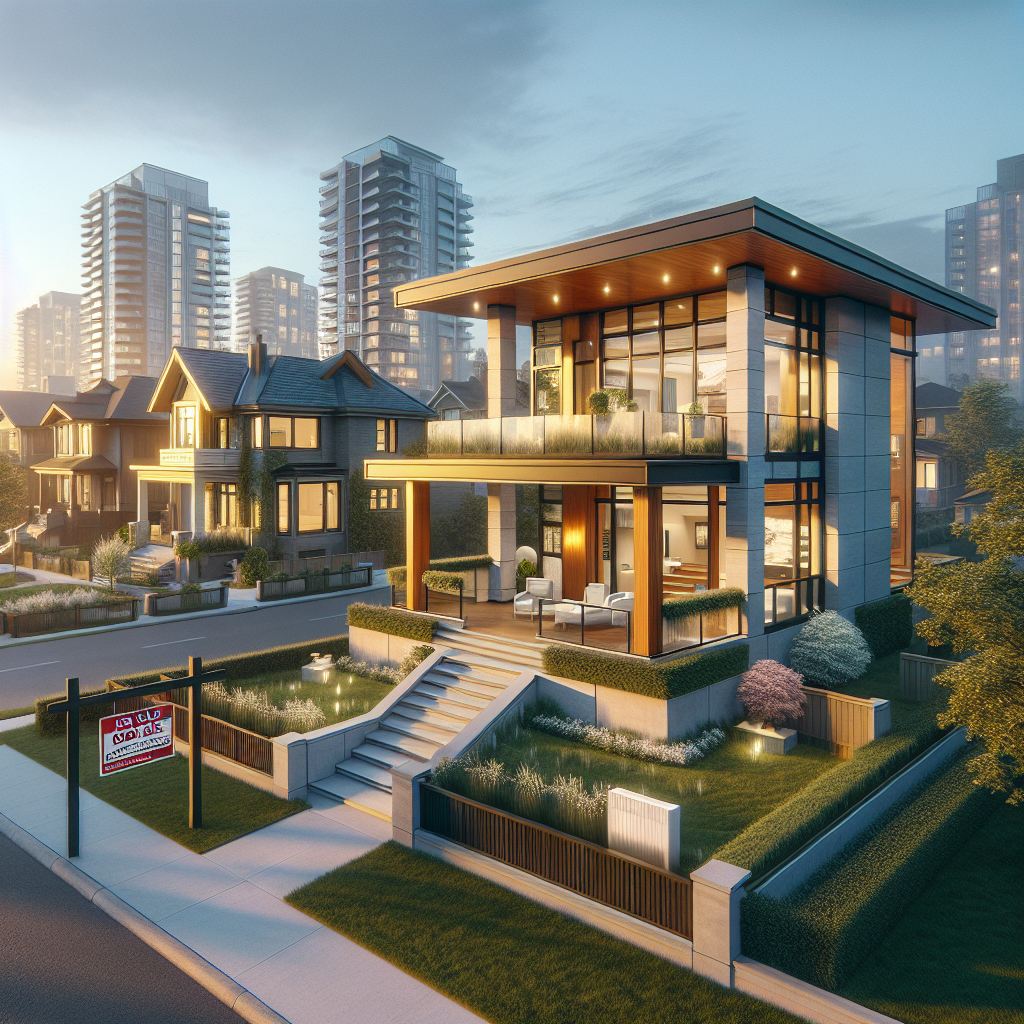Toronto is one of a few Canadian cities where you can live comfortably and conveniently without owning a car. Whether you love riding your bike, want to pass on the costs of owning (and insuring) a vehicle, reduce your environmental impact, or simply embrace a more walkable, community-oriented lifestyle, there are plenty of pockets in Toronto where you can thrive without driving.
If you’re looking to live car-free in Toronto, this blog is for you! We’re offering up our top picks for neighbourhoods based on their walk and transit scores.
Getting Around on Foot
Living car-free is about more than just getting from point A to point B on foot, it includes the availability of essential services like grocery stores, healthcare services, shopping, dining, and other everyday destinations within walking distance of your home. With that in mind, one of the greatest perks of living in Toronto without a car is the city’s walkability. With a Walk Score of 61 for the entire city (and many neighbourhoods boasting significantly higher scores), it’s convenient and accessible for pedestrians.
Trying to find the best neighbourhood in Toronto for your needs and lifestyle? Check out these blog posts next!
- What Are the Best Toronto Neighbourhoods For Cyclists?
- 5 Toronto Neighbourhoods Young Professionals Love
- 3 Toronto Neighbourhoods For First-Time Home Buyers
Toronto by Public Transit
Toronto is home to one of the most extensive and reliable public transportation systems in North America, managed by the Toronto Transit Commission (TTC). Whether you need to travel within the city or even commute elsewhere in the Greater Toronto Area (GTA), the city’s robust public transit network makes it possible to live car-free.
The Toronto subway system is one of the fastest ways to traverse the city, running along four major lines: Line 1 (Yonge-University), Line 2 (Bloor-Danforth), and Line 4 (Sheppard). If you’ve ever experienced rush hour traffic in Toronto it won’t surprise you to know that travelling by subway can actually be a lot faster than driving at certain times of the day.
On top of the subway, Toronto also has a great streetcar system, particularly in downtown neighbourhoods. Streetcars, paired with an extensive bus network, offer comprehensive coverage for residents in all parts of the city. Most streetcar and bus routes are connected to subway stations, ensuring easy transfers across the TTC network.
Where Should You Live in Toronto if You Don’t Have a Car?
Liberty Village
With a walk score of 88 and a transit score of 96, Liberty Village is one of Toronto’s fastest-growing neighbourhoods, known for its young professional demographic and modern condo developments. With excellent public transit connections, including streetcars and nearby GO Transit access, Liberty Village is ideal for commuters. The neighbourhood’s mixed-use design means that everything from gyms to grocery stores and coffee shops is just steps away.
Want to know more about Liberty Village’s unique draw to entrepreneurs and young professionals? Click here to read our blog all about it!
King West
Located in the cultural heart of downtown, King West is one of the most walkable and transit-friendly areas in the city. With a transit score of 100, residents have access to subway lines, streetcars, and buses that connect to every corner of Toronto. Further, this neighbourhood also offers easy walkability to shops, restaurants, nightlife, and cultural landmarks, making it ideal for those who want to be at the heart of the action.
Kensington Market
Known for its vibrant atmosphere, Kensington Market is a pedestrian-friendly neighbourhood that makes living without a car easy. In fact, “The Market” as locals call it, closes the neighbourhood to vehicular traffic on the last Sunday of every month from spring through fall – turning into a vibrant pedestrian-only hub.
Streetcars and buses provide ample transit options, while the eclectic array of shops, cafes, and grocery stores makes everyday errands manageable on foot. Plus, its proximity to the University of Toronto and downtown amenities make it popular with students, professionals, and artists.
Getting ready to buy a home? Explore these related blog posts for tips on buying!
- Are Toronto Houses Getting More Expensive?
- How to Get Ready For a Home Purchase in Today’s Market
- Why Creativity Matters When Placing an Offer on Toronto Real Estate
The Annex
Located just outside of the downtown core, The Annex blends suburban energy and modern conveniences. With easy access to Line 1 (St. George and Spadina stations) and numerous streetcars, The Annex is ideal for those who prioritize transit access. It also boasts an impressive selection of cafes, bookstores, and parks, making it a pedestrian-friendly community.
Riverdale
Nestled in the east end of Toronto, Riverdale combines suburban tranquillity with easy urban access. With a transit score of 92, the area is well-served by buses and streetcars that connect to the subway, making it a great option for families who prefer a quieter lifestyle without sacrificing transit convenience. The proximity to parks and the Danforth’s diverse range of dining options makes Riverdale a highly desirable location.
Ready to head to the market? As Toronto’s leading real estate experts, we can help you find a home that speaks to your heart. Send us an email or call 416-587-3300 to discover your path to success.
Are you looking for a new way to check out real estate in Toronto? Downloaded Listed, a new real estate app that lets you work directly with your agent to buy or sell seamlessly. It’s as easy as using Instagram! Download the app via our exclusive link right here.



















